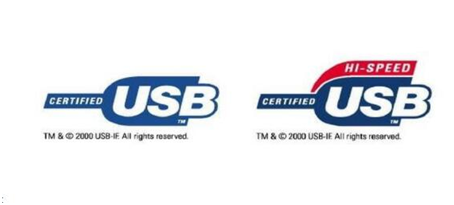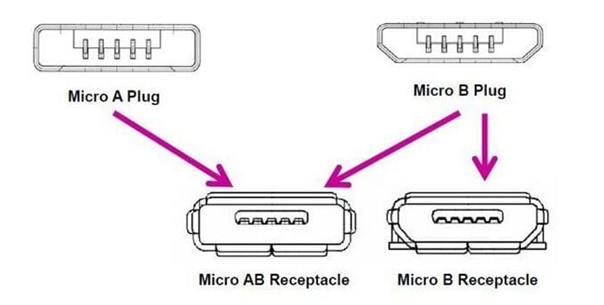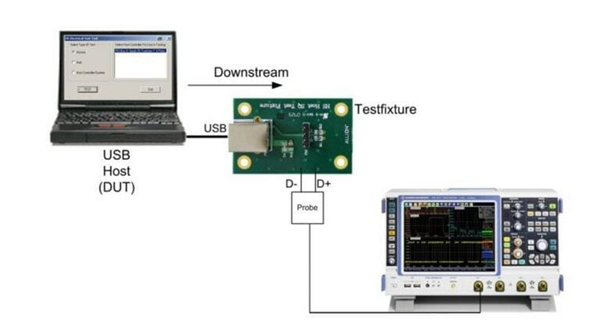
 您当前的位置:Our Services>
Certification Services>
Others
您当前的位置:Our Services>
Certification Services>
Others
Our Services


+86-769-83085888
+86 135 5499 1454


USB-IF Certification
Introduction to USB-IF Certification
USB- is the abbreviation of Universal Serial BUS (Universal Serial Bus) in English, and its Chinese abbreviation is "through serial line", which supports the plug-and-play and hot-plug function of the device. USB was jointly proposed and formulated by Intel, NEC, Compaq, DEC, IBM (Microsoft, Northern Telecom) in 1994, and released the USBV0.7 version on November 11, 1994, and has now developed into 3.1 Version. USB has the advantages of fast transmission speed, convenient use, support for hot plugging, flexible connection, and independent power supply. The USB certification is also called USB-IF certification, which is a voluntary symbolic certification implemented by the USB Implementers Forum (USB-IF).

USB Standard Type
1. Connector
USB2.0 standard types: USB A male, A female, USB B male, B female, Mini USB male, female, Micro USB male, female;
USB3.0 standard types: USB A male, A female, USB B male, B female, Micro USB male, female;
USB3.1 standard type: Type C male, Type C female.
2. Cable
USB2.0 standard type: USB A to B, USB to MiniB, USB A to MicroB;
USB3.0 standard type: USB A to A, USB to B, USB A to MicroB;
USB3.1 standard type: Type C to Type C.

USB-IF Certification Test Content
There are three main categories of certification testing for USB peripherals. The first is the electrical characteristic test, which verifies the signal quality of the product under different application architectures. This is followed by functional testing to check higher-level product details such as support for standard requirements and device enumeration capabilities. Finally, there is product interoperability testing, which is used to determine how the product under test interacts with other USB devices.
